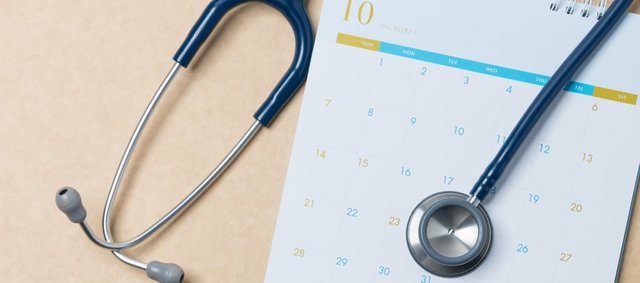
Are you having vein problems but unsure if they're severe enough to justify seeing a vein doctor? Keep in mind that vein pain should not be disregarded. Because they carry blood from your heart to many bodily areas, your veins are extremely vital. Your veins can't do their job if they aren't working correctly. There could be very serious consequences from this. How do you know when it's appropriate to see a doctor?
Continue reading to discover the six indications that you ought to schedule a consultation with a vein specialist.
1. Leg weakness after prolonged standing
Even though it might seem natural for your legs to feel weary after standing for a while, that's not always the case. Leg weak ness may be a sign of several venous problems. For instance, varicose veins can make your legs heavy and weak, which gets worse when you stand for extended periods of time. Elevating your legs could help you feel better. But something is probably wrong if you were already experiencing pain. To identify and address the underlying issue, think about seeing a professional.
2. Itchy, dry skin or rash near your ankles
Itching, dryness, and redness are signs of undetected vein issues. These problems are often caused by high blood pressure, which makes it harder for blood to return to your heart.
Leg ulcers can form if irritated skin patches are not treated. It's best to stop this issue before it gets out of hand. When an ulcer develops, you run the danger of enduring excruciating discomfort and needing an expensive and drawn-out recovery process. Therefore, see a vein specialist as soon as possible if you notice changes in the color of your legs or dry, itchy skin.
3. Persistent pain in your legs
Leg pain is not always a sign of vein issues. But individuals who have varicose veins frequently experience throbbing and stinging pain in their lower limbs. Additionally, these symptoms worsen the longer you are on your feet.
Make an appointment with a vein specialist to determine whether your symptoms may be related to damaged veins. Your symptoms will be precisely identified and treated in accordance with the root cause. Your doctor might advise wearing compression stockings if your pain is mild and your veins don't need to be repaired right away. To find the source of your leg pain, it is important to be proactive and see a doctor.
4. Having a second child
One of the most frequent causes of varicose veins is hormonal fluctuations. Additionally, there may be significant changes in hormone levels during pregnancy. A woman's body produces more blood during pregnancy to support the growing baby. However, this might increase your blood pressure, ultimately enlarging your veins, as well as straining and expanding your uterus. Therefore, if you suffered vein problems with the delivery of your first child, they will probably get worse during the delivery of your second baby. Consult a vein specialist to determine the best course of treatment for you in order to prevent lasting damage to your vascular system.
5. Leg ulcers
Leg ulcers could develop if you don't get your vein problems treated. These often appear close to the ankles and calves. You should see a vein expert to have the necessary testing and determine the cause of your ulcers because they can also be caused by diabetes. Following that, the required treatment can be carried out before your symptoms get worse.
6. Purple, blue, or bulging veins
The first thing you should do if you see bulging or discolored veins is to see a specialist. Because of the inflammation and irritation, your veins may enlarge and turn purple or blue. When these signs and symptoms appear, you run the danger of getting blood clots in your veins and having your blood flow hindered. Visit a vein specialist as soon as possible to avoid this. If not, deep vein thrombosis could develop.
7. A tender lump in your leg
A blood clot in one of your blood vessels may be indicated by a sensitive bump. Contact a qualified veins specialist if you find this type of bump. You'll have a far better understanding of your vein issues following an in-person appointment with a professional. Your doctor will determine the precise cause of your lump and make suggestions for preventing vein problems.
8. Sudden onset of swelling in one leg
Varicose veins are just one of the many causes of swelling in your legs. It's likely venous insufficiency is to blame if swelling just affects one of your legs and appears only after exercise. However, you must speak with a vein expert if you want to be sure. They are the only ones who can determine if the swelling is caused by compromised veins.
The bottom line
Contact a skilled and trustworthy vein expert right away if you encounter any of the aforementioned symptoms. Your doctor will make every effort to keep your vein problems at bay and prevent them from impairing your quality of life.